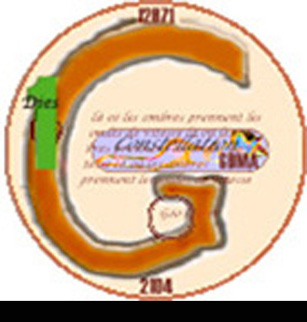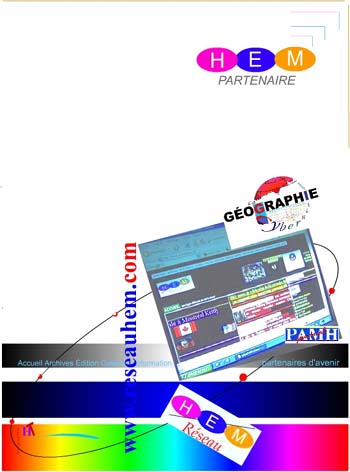ICAO LAUNCHES UNMANNED AIRCRAFT SYSTEMS TOOLKIT
For immediate release
Montréal, 13 December 2016 – Aimed at assisting consumers and remote pilots regardless of their skills and experience, the UN agency for civil aviation (ICAO) launched its new Unmanned Aircraft Systems (UAS) Toolkit on the occasion of International Civil Aviation Day.
“The resources this new toolkit makes available are designed to help UAS operators of all ages operate their aircraft safely and responsibly,” commented ICAO Council President Dr. Olumuyiwa Benard Aliu. “The importance of recognizing that these devices are aircraft, and of integrating their use safely with existing manned operations, should not be underestimated.”
Given that UAS, informally referred to as “drones,” can be mistakenly and often illegally operated by less-informed pilots around airports and other areas of controlled or sensitive airspace, ICAO has been taking steps to help minimize their risks. Its new UAS Toolkit is much more than a starting point for learning the basics of their safe operation.
UAS today can be flown in a variety of configurations, and outfitted with a wide range of payloads and sensors to support their increasing humanitarian and emergency operations roles. They are also being used to monitor infrastructure and crops and for wide-ranging geological, geographical and climate-related research and development.
“Given the immense economic and social potential of UAS technology, and the variety of factors at play, regulations for these systems and their use must be carefully considered,” highlighted ICAO Secretary General Dr. Fang Liu. “Our new toolkit offers not only helpful information and resources, but can also serve as a platform for the exchange of global best practices, lessons learned, and effective governance approaches.”
Developed through ICAO’s UAS Advisory Group, and in cooperation with industry and international expert partners, the ICAO UAS Toolkit can be accessed at icao.int/rpas






